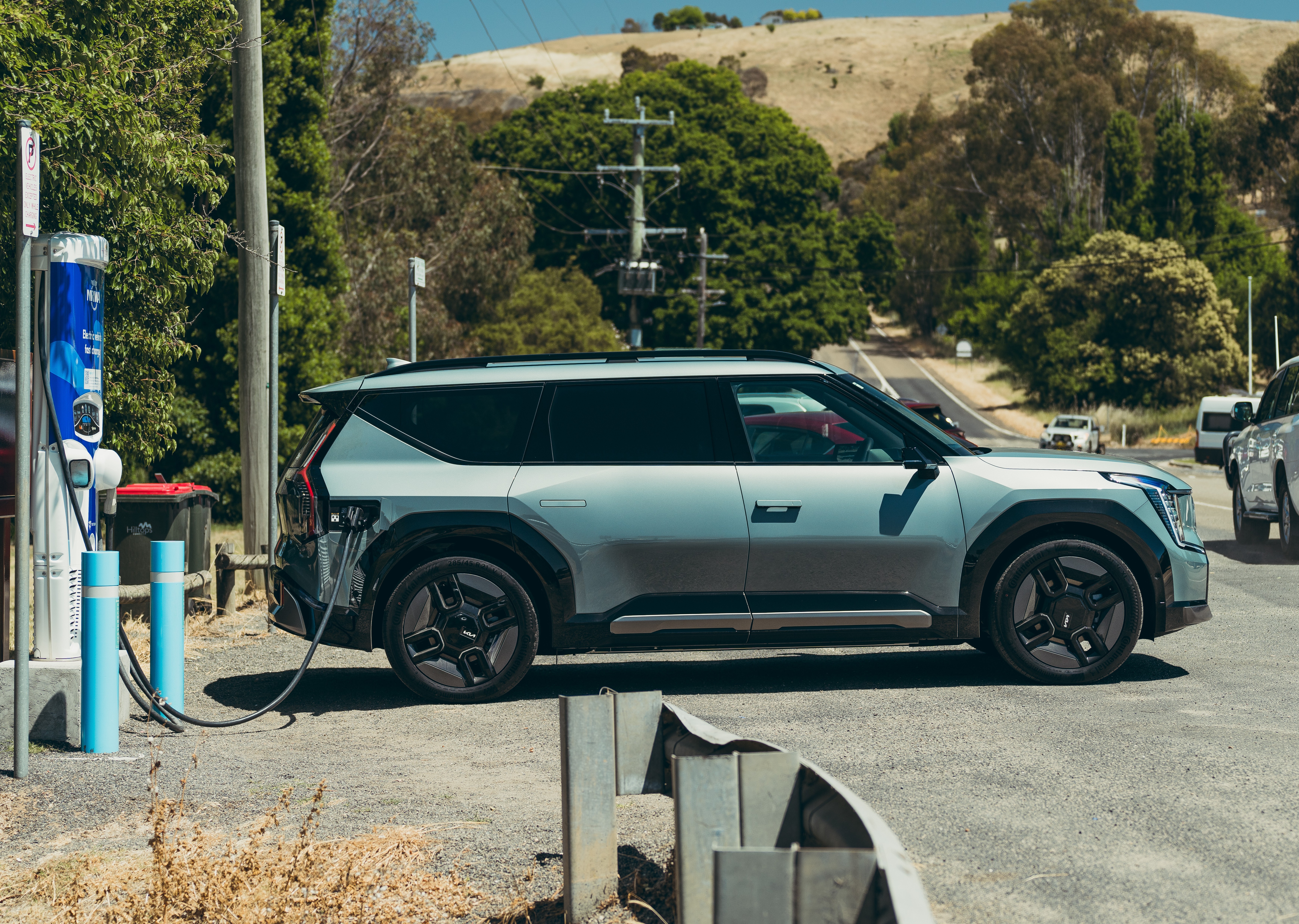Through Design & Supply are we witnessing the death of the independent lighting design consultant?
The current building boom in Sydney has created some interesting market offers: in the lighting industry we have always had lighting suppliers who design and now we have lighting consultants who supply lights. Whilst the former has been around for as long as I can remember, the latter is a relatively new phenomenon.
The question of independence was never in doubt with the former, they are trying to sell lights, but the latter is normally engaged to recommend to the client what to buy and, in the past, has never sought to sell lights.
So the question I have is: When a consultant sells lights to whom does their loyalty and dependence lie. Is the advice paid for by the Clients fee the sole motivation for recommendations/selections, or are selections solely driven by maximising the profit from the specification and eventual supply of the lights.
This "crossing of the line" affects the entire specification and supply chain as Clients interest is likely secondary at best as the Design/Supplier now has a whole supply chain and profit centre to support, one that does not exist if the consultant were truly independent.
The International Association of Lighting Designers has put a lot of effort into the development of independent lighting design and the defence of specification integrity - see link -https://www.iald.org/About/Principles-Standards/Guidelines-for-Specification-Integrity - but any such guide is only worthwhile and relevant if the Consultant making the selections is truly independent. i.e. their sole source of income is from Clients seeking their advice and valuing their independence by paying the appropriate fees.
BIASED OR UNBIASED ADVICE: YOU NEED TO KNOW.
So if you are a client you should confirm with your consultant their true independence and whether this conforms with corporate guidelines, represents best practice, avoids secret commissions or conflicts of interest.
If you're are a lighting supplier and you support a consultant who is supplying products they specify then remember: you are supporting a competitor.
When consultants supply product they specify, these design /supply consultants have the ability to subsidise their fees, making it harder for their independent competitors to compete if price is a client motivator.
When consultants supply product they may defend selections, selections that could be sourced differently for quicker delivery, lower cost, better payment terms, more flexibility, longer life or more energy efficiency had an independent consultant specified them.
Having a vested interest in the supply may not affect the design quality unless the industry players limit the Design/Supply consultants' access to technology, product or commercial information as they become seen as competitors to other suppliers and industry participants.
Whilst the clients may once have seen the Design/Supply consultant as a source of good advice and solutions, these may have been the result of motivation and information that the previously independent consultant no longer uses or can access.
IS IT WORSE THAT BALL TAMPERING?
I'd be interested in your thoughts and comments as each step in the specification and supply chain relies upon the assumption that the specifier is independent, making selections that are in the best interest of the client, the project and the users.
How would a vested interest in the specification of lighting affect your business, project or client? How would your approach differ? How can others be made aware of this threat to independent lighting design advice?
Let me know your thoughts.
Glen.
PS: Clients, we will give you honest unbiased advice and can provide alternative selections to those recommended by Design/Supply consultants...for a fee.
Glen Haron is an independent advisor, designer and consultant on lighting, electrical and technology who has worked for over 40 years in the building industry. His company Haron Robson and its subsidiaries lightmatters / wattmatters / avmatters offer specialist advice thats INDEPENDENT and have been doing this since 1985.


